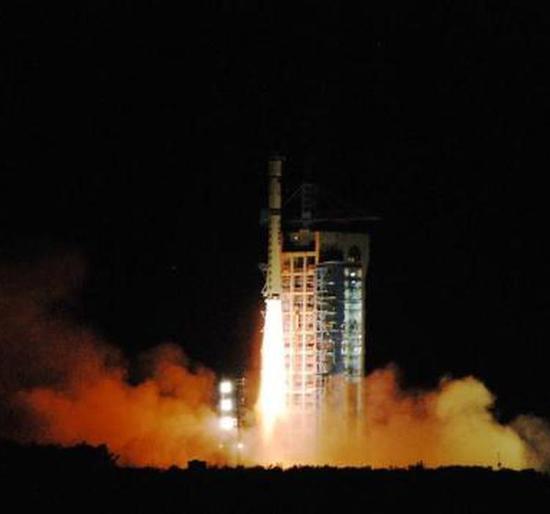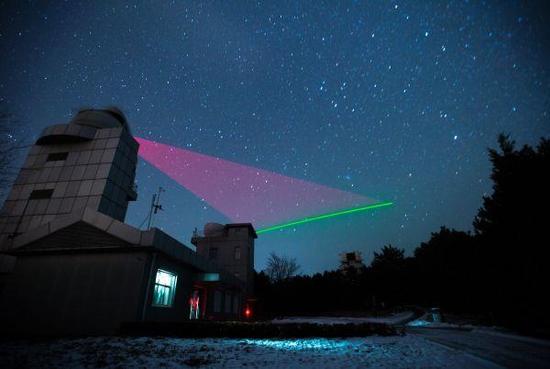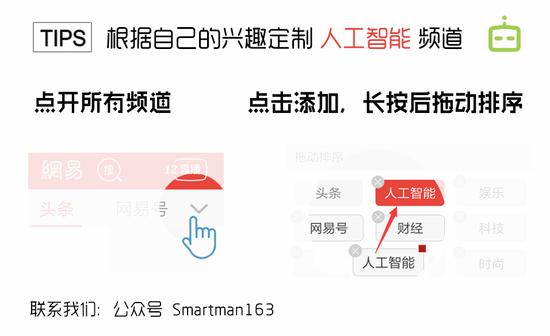(Original title: British media claims that the Chinese Quantum Satellite is a godsend: opening the quantum space race)

At 01:40 on August 16, 2016, China successfully launched the world’s first Quantum Science Experimental Satellite (Quality Satellite) in the Jiuquan Satellite Launch Center with the Long March II Ding carrier rocket. China News Agency reporter Liang Xiaohui
Reference news network reported on June 20, British media said that China launched a quantum communication satellite has opened the world quantum space race, in theory, the use of quantum scientific principles of the new satellite can provide unbreakable confidential communication channels.
Open Quantum Space Contest
According to a report from the BBC website on June 16, the satellite named Mozi was launched last August from the Gobi Desert in northwestern China and was the first quantum communication satellite.
According to reports, this is part of the effort to build a new type of Internet that will be more secure than the current Internet.
The experimental satellite "Mozi" carried precise optical equipment and continued to orbit the earth, sending signals to two ground stations set up on the top of the mountain, which was 1,200 kilometers away.
The report said that the purpose of the optical equipment on the satellite is to send light particles or photons to the ground station, and add “keys†to transmit the encrypted information. Pan Jianwei, the principal researcher of the project in Hefei, Anhui, said that China has already started the Quantum Space Race in the world.
Quantum security technology should resemble existing encrypted network financial data technologies in many aspects.
According to reports, before customers and online shops share sensitive information, both parties must exchange complex numbers to disrupt the subsequent transmission of information. The information also contains the key to securely crack information.
But the weakness of the numbers themselves is that they can be intercepted, and these numbers can be deciphered if they have enough computing power. But quantum encryption is very advanced because it can use quantum science to hide keys.
According to the report, in the vacuum of space, because there are no atoms, at least the number of atoms is very small, so quantum signals are rarely disturbed.
This is why China's "Mozi" satellite test is of great significance. This test has proven that a network established in space is feasible. This result was published in a recent issue of the scientific journal.
However, it is not easy to implement the above ideas in practice. Every day, or every night, satellites cross 500 kilometers over China in less than 5 minutes, because the sun's rays can easily flood the quantum signal. The precision optics of the "Mozi" satellite produced a crucial pair of photons and launched it on a telescope built on the high mountains of China.
 Photo: The "Mozi No." Quantum Science Experiment Satellite and the Xinglong Quantum Communication Ground Station establish a world link. Xinhua News Agency reporter Jin Liwang
Photo: The "Mozi No." Quantum Science Experiment Satellite and the Xinglong Quantum Communication Ground Station establish a world link. Xinhua News Agency reporter Jin Liwang
Technical masterpiece
Pan Jianwei told the BBC reporter at the office of the China University of Science and Technology that he had this idea in 2003 when many thought it was a crazy idea. He said that because doing complex quantum fiber experiments in the lab was very challenging at the time, how could you do the same test at a distance of several thousand kilometers, and the optical device was installed at a speed of 8 kilometers per second? Above the satellite?
According to reports, when satellites fly over China, they use laser beams to guide the satellite's optical equipment and allow them to aim at ground stations. Tests have shown that photons that reach the ground retain the quantum properties needed for encrypted communications.
The mathematician Artur Eckert was also touched by the Chinese experiment. In an e-mail to the BBC, he said, "China's experimentation is a great achievement in science and technology." Eckert studied quantum at Oxford University in the 1990s. When using the information, we recommend using the method of paired photon encryption. He said ridiculously: "At that time, I proposed such a plan, but I did not think that this plan was mentioned at such a high level."
Alex Ling, a physicist at the National University of Singapore, also conducted research in the same field, but his first small quantum satellite exploded shortly after launch in 2014. He praised the "Mozi" satellite: "Experiment is undoubtedly the technical gods."
In accordance with the next steps of the Chinese study, Pan Jianwei will work with his former doctoral research tutor, Cai Linger of the University of Vienna. They want to prove through the "Mozi" satellite that the experimental goals that can be achieved within a country can also be realized in this Eurasian continent.
Pan Jianwei said that the future quantum network will include ground-based fiber networks, and satellites in space will connect different fiber networks. He believes that this vision will become a reality in the future.
The report said that Pan Jianwei has begun to prepare details of the satellite layout to complete the above experiment.
According to the report, although some observers have reservations about whether anyone is willing to invest in quantum Internet investments, Pan Jianwei and Cai Linger and other scientists believe that no one can resist the temptation once quantum networks emerge.
 燑br>
燑br>
2500puffs Disposable Vape
Shenzhen Uscool Technology Co., Ltd , https://www.uscoolvape.com